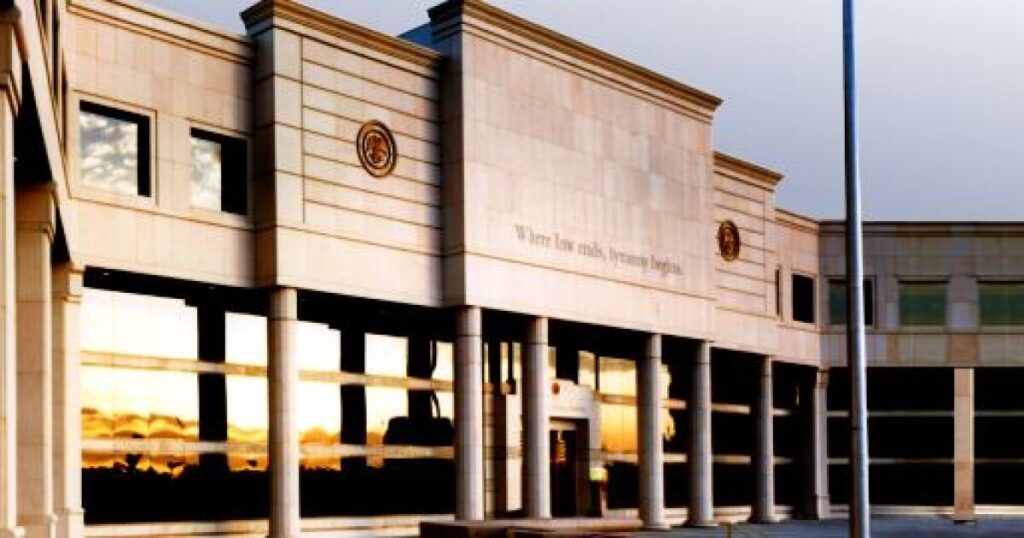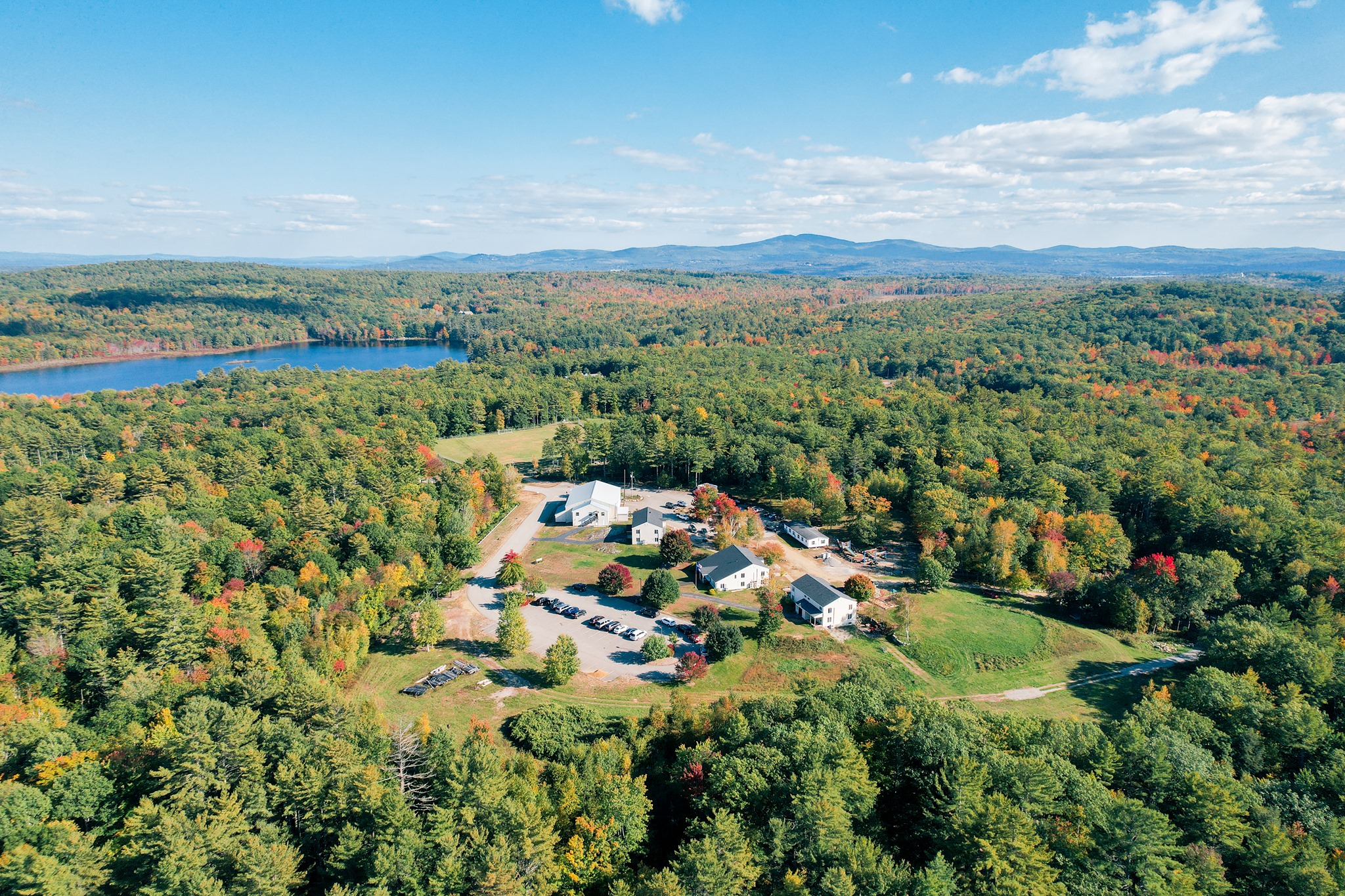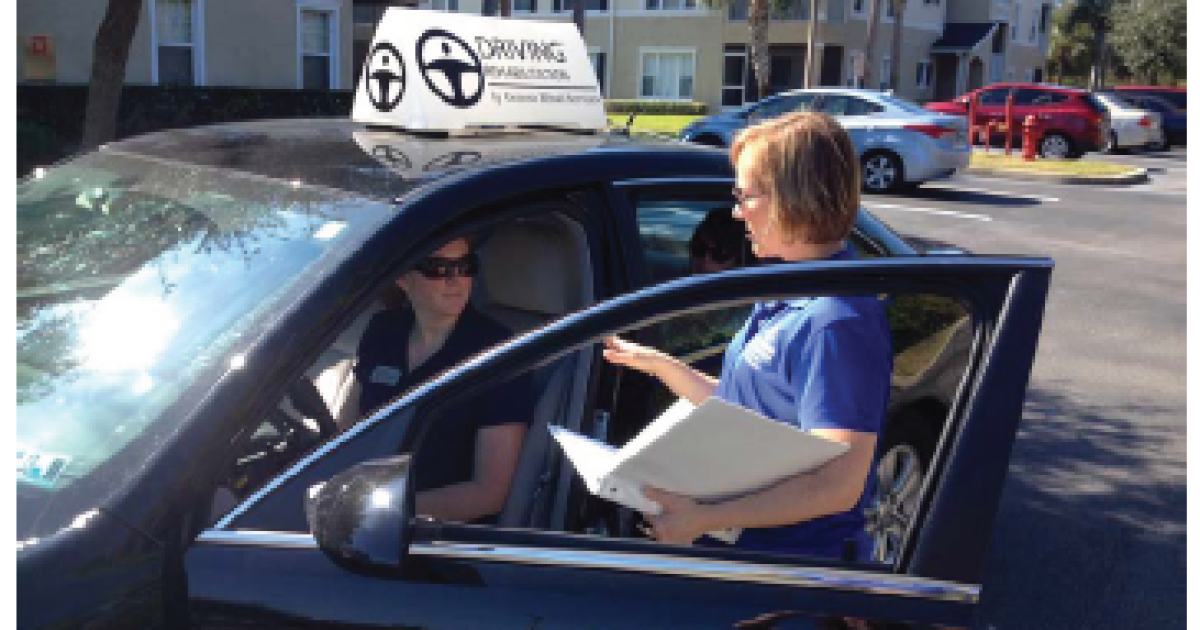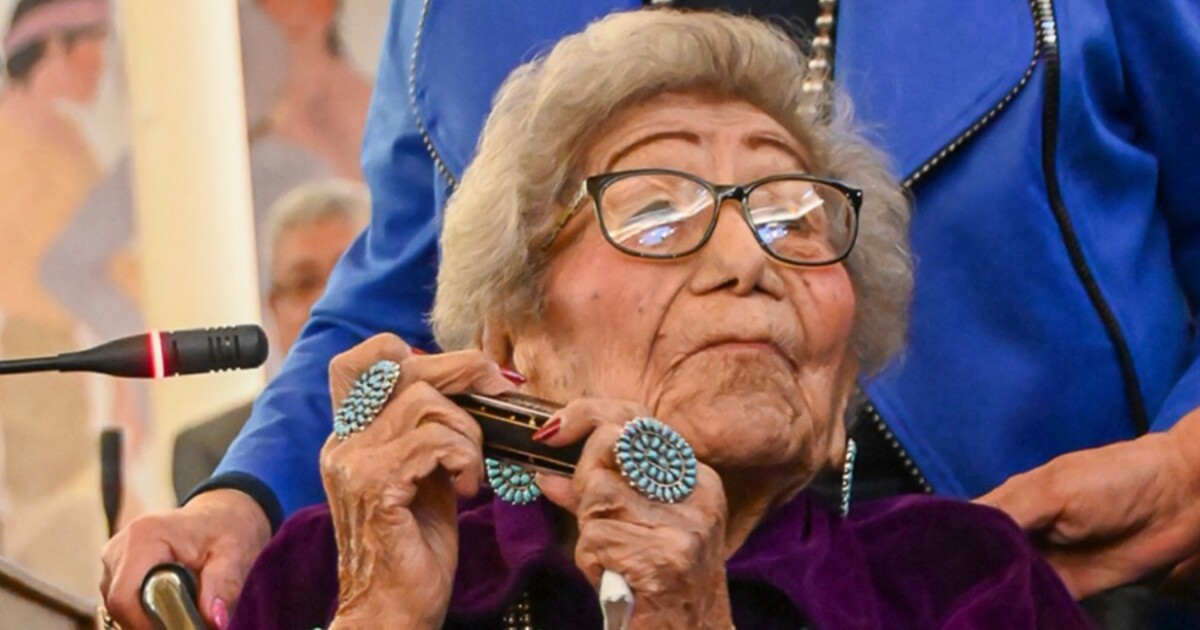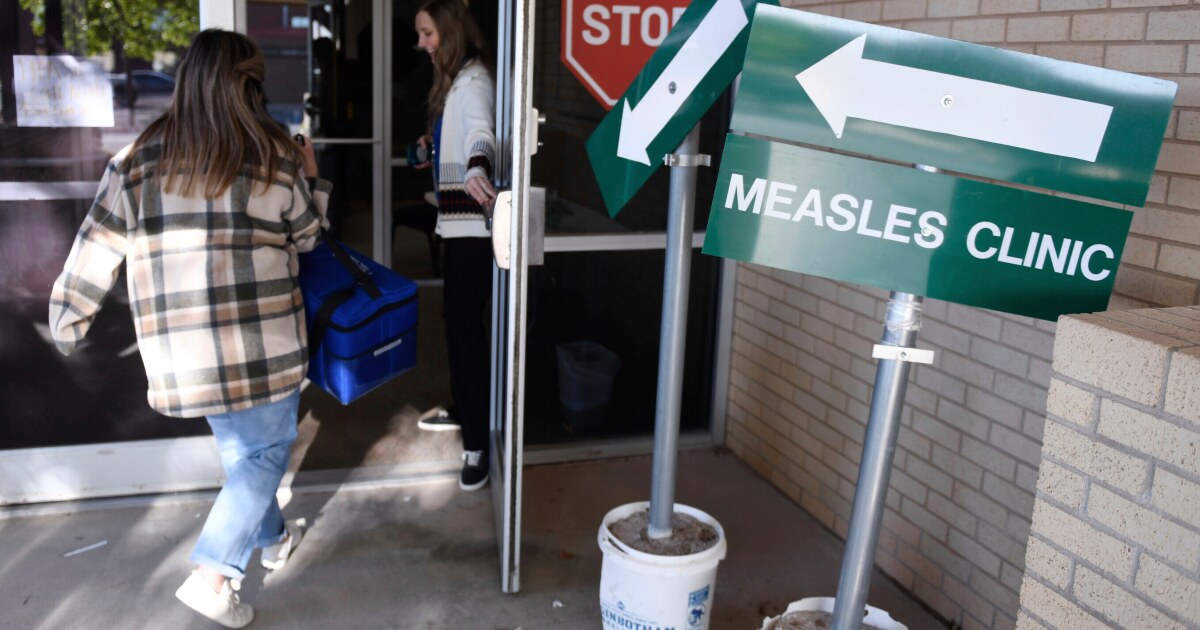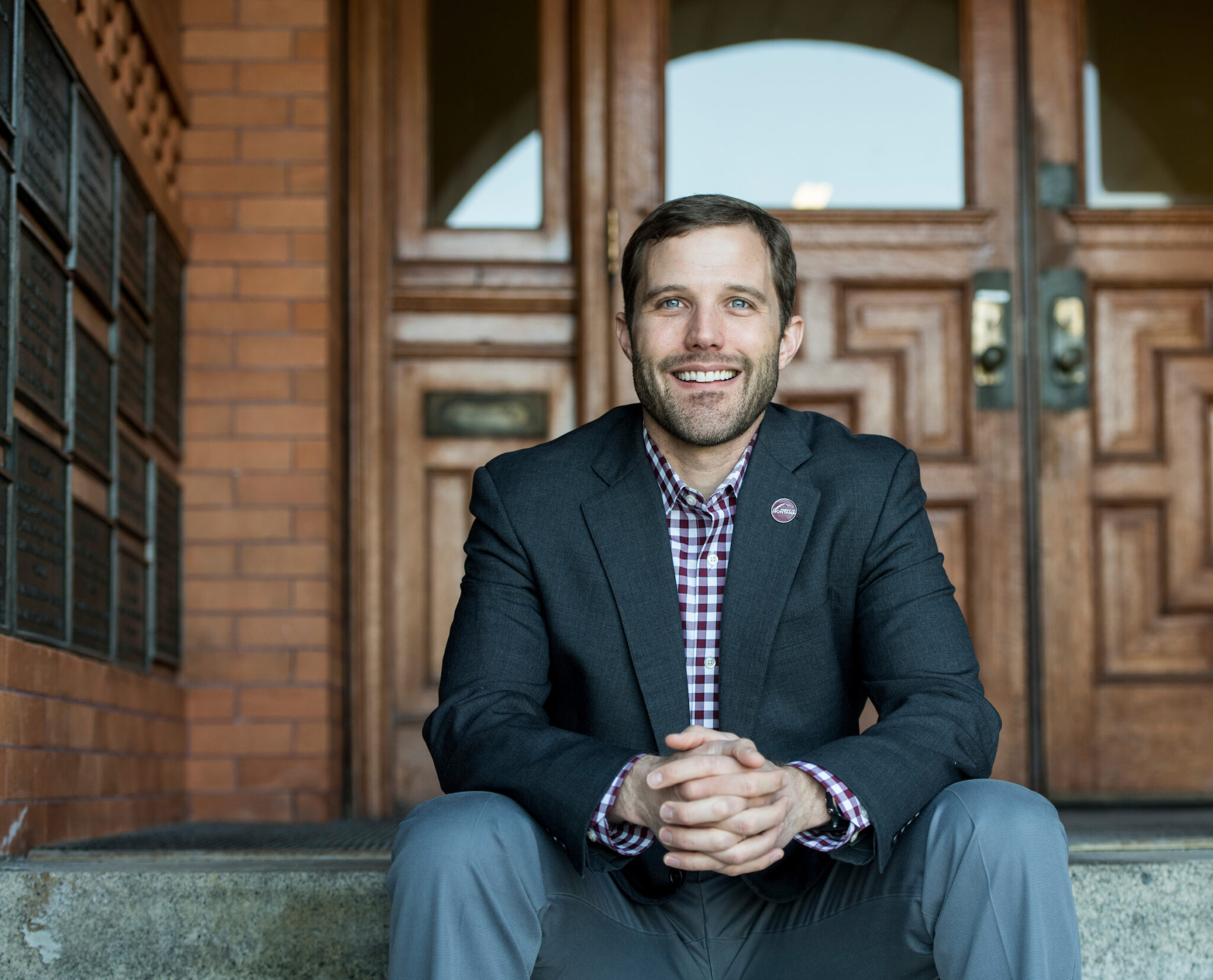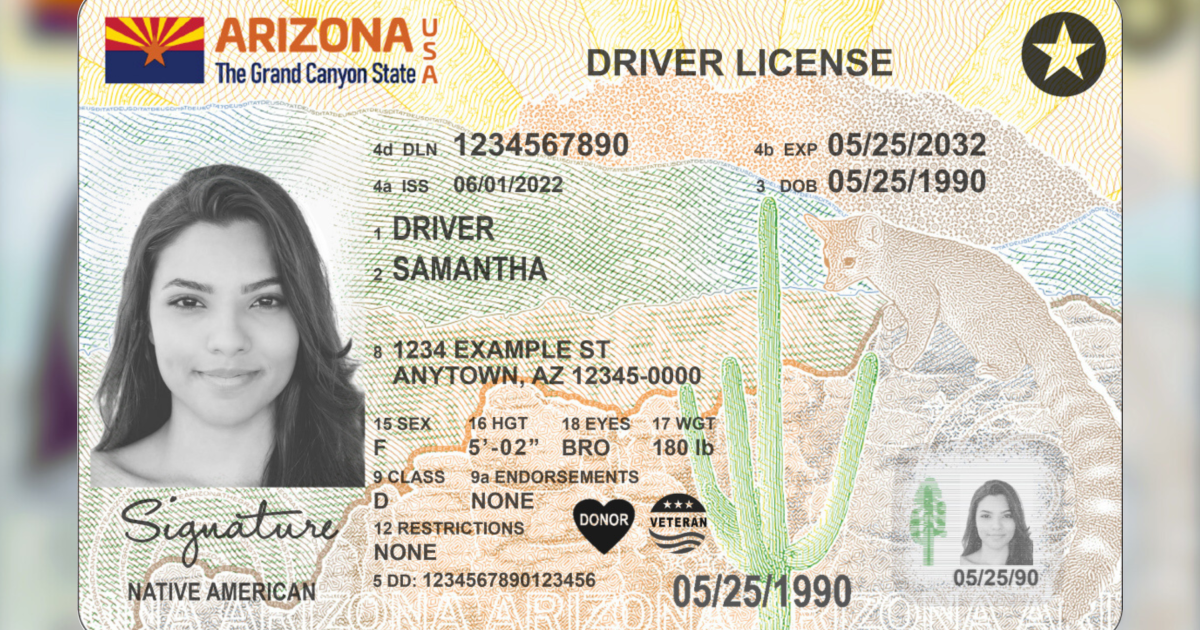A New Pathway to Legal Practice in Arizona Sparks Debate
Arizona, known for its vast deserts, now faces a different kind of scarcity: a shortage of lawyers. According to the American Bar Association, the state has one of the lowest numbers of lawyers per capita, prompting a controversial proposal to address the issue.
The Arizona Supreme Court has authorized its chief administrator to explore a new legal training pathway. This concept involves individuals completing just one year of law school, potentially allowing them to represent clients in criminal cases, with some restrictions. These candidates would need to achieve a Master’s in Legal Studies (MLS), maintain a B-average in specified courses, pass a licensing exam, and work under an attorney for at least nine months.
Critics, like Pima County Attorney Laura Conover, express concerns about the implications of this proposal. Conover points out, “But if my cousin is facing 25 to life, then a quite young, lesser-trained, lesser-educated, under-examined attorney will do just fine. And that double standard is not something that the criminal justice system should be subjected to.”
The proposal awaits approval from the high court, with no concrete timeline established. Dave Byers, director of the administrative office of the courts, emphasized the dire need for legal professionals, especially in rural areas, where traditional law degree holders are scarce due to factors like lower pay and urban living preferences.
Once the supervision period ends, MLS graduates could take on criminal cases statewide, except those involving the death penalty. This prospect alarms Dean Brault, director of public defense services for Pima County, who argues that reducing the educational requirements for criminal practice is “absurd.”
Byers counters this by suggesting that the MLS program, focused entirely on criminal law, could offer more relevant training than a traditional Juris Doctor (JD) degree. He notes that law schools include a broad range of non-criminal courses, whereas the MLS curriculum is tailored specifically for criminal law practitioners.
Chief Justice Ann Scott Timmer acknowledges the shortage of lawyers in specific regions and practices in Arizona. She recognizes the generational shift away from rural practice areas and highlights the need for creative solutions. However, Timmer remains cautious, questioning whether 30 credit hours of criminal law training suffice for the responsibilities lawyers hold.
The debate extends to financial considerations. Byers highlights the cost-effectiveness of the MLS program, which can be completed in as little as two semesters for approximately $31,200, compared to over $177,000 for a JD degree. There’s also potential for online coursework, enabling students to remain in their communities and practice locally after graduation.
Conversely, Brault warns that this new tier could devalue legal practice wages and undermine the reputation of fully trained attorneys. He notes that disparities in pay between counties already exist due to lifestyle preferences.
Conover suggests financial incentives as an alternative solution to encourage attorneys to practice in underserved areas, while Timmer points out existing efforts like stipends for internships in rural regions to attract new lawyers.
The Supreme Court’s decision will ultimately determine the future of this proposal. If approved, a significant question remains: what title will MLS graduates hold? Byers suggests “MLS attorney” as a potential designation, pending further discussion.
This proposal aligns with trends in other professions, where varying levels of expertise coexist, such as in the medical field. However, Brault insists that allowing non-lawyers to represent clients in critical legal processes may not serve the best interests of those involved.
—
Read More Arizona News

